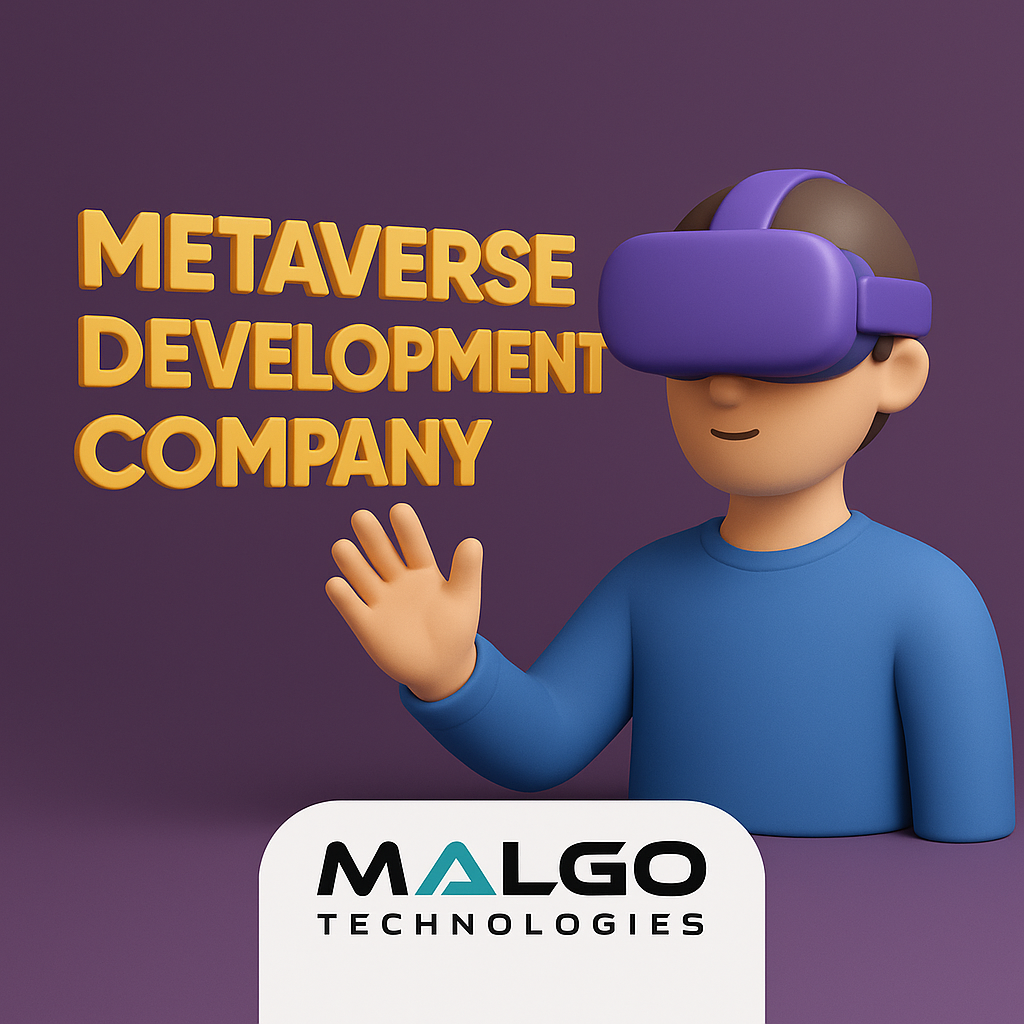 Blog Speed Optimization – Make Google & Users Happy!
Blog Speed Optimization – Make Google & Users Happy!
Decentralized Exchange Development: A Complete Guide for Builders and Innovators
Written by Benjamin Valor » Updated on: June 05th, 2025

Introduction
As cryptocurrencies continue to shape how value is exchanged online, Decentralized Exchange (DEX) platform development has become a priority for blockchain-focused startups, businesses, and tech-forward entrepreneurs. Centralized exchanges may dominate volume, but the growing demand for privacy, control, and transparency has opened the door for decentralized platforms to thrive.
This guide breaks down everything needed to understand, plan, and initiate a Decentralized Exchange development project that is practical, secure, and aligned with what real users demand.
Understanding Decentralized Exchanges
A Decentralized Exchange (DEX) is a peer-to-peer marketplace for digital assets. Unlike centralized platforms that operate as middlemen, DEXs allow users to trade directly from their wallets using smart contracts. This eliminates third-party control over user funds and significantly reduces the risk of large-scale hacks.
DEXs operate without a central server. Instead, trades are executed using blockchain-based protocols, ensuring that transactions are transparent and cannot be altered retroactively.
What is Decentralized Exchange Development?
Decentralized Exchange Development refers to the technical creation and deployment of a blockchain-based trading platform that allows peer-to-peer crypto asset exchange. It includes everything from building the trading engine and smart contracts to developing a user interface and integrating wallet support.
Unlike centralized exchanges, DEX development requires an in-depth focus on user autonomy, trustless architecture, and liquidity provisioning without relying on custodial solutions.
Types of Decentralized Exchanges You Should Know
There are several approaches to building a DEX, each suited for different operational goals:
Order Book-Based DEX
Works like traditional exchanges, matching buy and sell orders in real-time. Examples include dYdX and Loopring.
Automated Market Makers (AMMs)
Uses liquidity pools and algorithms to set prices based on supply and demand. Popularized by platforms like Uniswap and PancakeSwap.
DEX Aggregators
These platforms pull liquidity from various DEXs to offer users the best possible price. 1inch and Matcha are widely used aggregator solutions.
Hybrid DEXs
Combine on-chain and off-chain components to improve speed while retaining user custody of assets.
Understanding these options can help define the right technical and functional path for a development project.
Core Features of a Decentralized Exchange
A credible DEX must offer more than just basic token swapping. Core features that matter include:
Smart Contract Integration: Enforces trade rules and removes third-party control.
Liquidity Pools or Order Matching: Enables efficient trading without central coordination.
Wallet Integration: Users trade directly from their own wallets without depositing funds.
Permissionless Listing: Any token adhering to protocol standards can be listed.
Security Protocols: Protection from front-running, flash loan attacks, and vulnerabilities in smart contracts.
Analytics and Charts: Real-time price tracking, trade history, and performance metrics.
Fee Structure Management: Configurable platform fees for trades, withdrawals, and other actions.
Top Reasons to Use a Decentralized Exchange
DEXs continue to attract serious attention due to the value they offer traders and builders alike:
User Control: No need to surrender assets to an intermediary.
Transparency: Every transaction is recorded on the blockchain.
Reduced Risk of Censorship: No central authority can freeze user accounts.
Lower Counterparty Risk: Eliminates the need for trust in a central entity.
Access to a Wider Range of Tokens: Users can trade niche or newly launched tokens quickly.
Global Accessibility: Anyone with a crypto wallet and internet can participate.
What Makes Malgo’s DEX Development Different?
Malgo approaches Decentralized Exchange development with a product-first mindset. Instead of selling generic templates, Malgo focuses on building functional, adaptive systems that reflect the actual needs of trading communities. Here’s how Malgo stands out:
Modular Architecture: Allows customization of features like staking, governance, and NFT trading without starting from scratch.
Chain Agnostic: Supports development on Ethereum, BNB Chain, Polygon, and other EVM-compatible blockchains.
Integrated Testing Environment: Ensures all smart contracts are reviewed and audited during early development stages.
Liquidity Strategy Support: Assists clients in planning token economics and liquidity provisioning mechanisms.
UI/UX That Prioritizes Simplicity: Built with traders in mind, not just developers.
Why Choose Malgo for Decentralized Exchange Development?
Building a successful DEX requires more than technical skill—it needs practical know-how about how users interact with crypto platforms. Malgo builds DEX solutions that prioritize:
Scalable Smart Contracts: Efficient, gas-optimized code with transparent fee models.
Rapid Deployment: Projects go live faster without compromising on review and audit phases.
Client Collaboration: Every feature is developed in conversation with the client’s goals and priorities.
Post-Launch Support: Ongoing updates, security patches, and performance improvements after deployment.
KYC/AML Optional Modules: For projects needing regulatory features without losing the DEX foundation.
Malgo doesn't just deliver software; it contributes to building crypto-native ecosystems where decentralization is respected, not just branded.
Conclusion
Decentralized Exchange Development is no longer niche. It has become a practical path for those looking to enter the crypto trading space without relying on centralized infrastructure. Whether for DeFi startups, DAOs, or independent crypto projects, a well-built DEX can be the backbone of your platform’s economy.
Malgo helps make this transition realistic, sustainable, and aligned with market needs. The focus stays on working solutions, security, and performance—not fluff or buzzwords.
Ready to Build Your DEX?
If you're looking to start a DEX project that aligns with how users actually trade and interact, get in touch with the Malgo team. Let’s build something that traders trust and developers can stand behind.
Note: IndiBlogHub features both user-submitted and editorial content. We do not verify third-party contributions. Read our Disclaimer and Privacy Policyfor details.
Copyright © 2019-2025 IndiBlogHub.com. All rights reserved. Hosted on DigitalOcean for fast, reliable performance.














